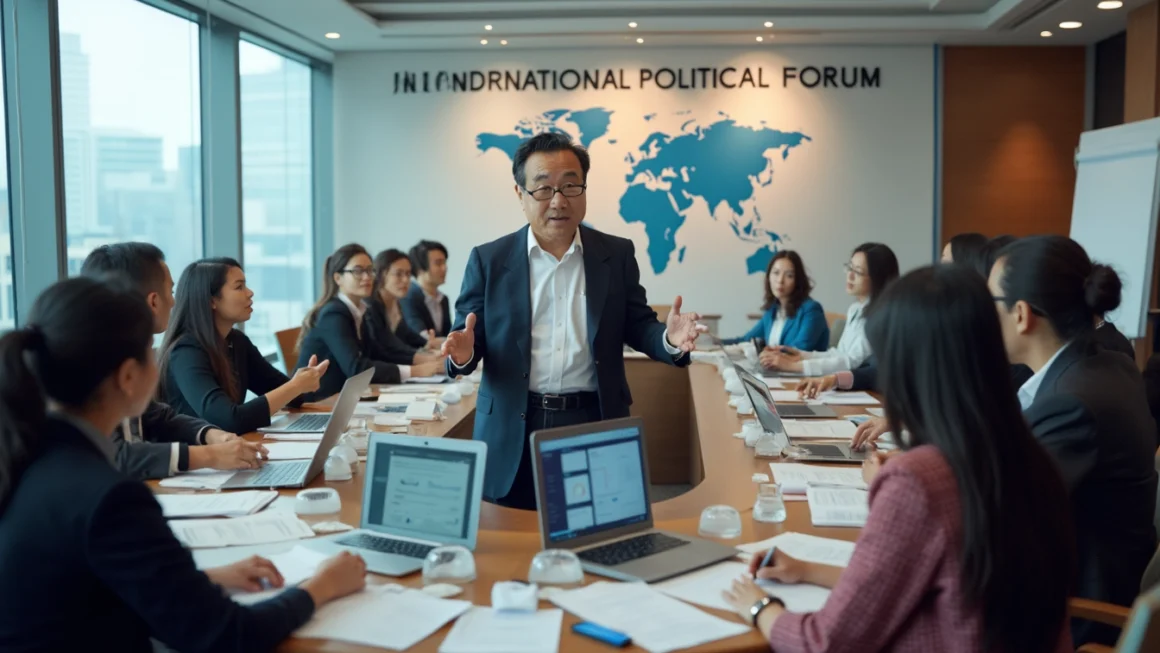Understanding Hong Kong’s Transnational Repression
Table of Contents
In the complex landscape of international politics, Hong Kong’s situation has drawn significant attention due to its ongoing campaign of transnational repression. This phenomenon raises vital questions about the implications for global governance, human rights, and international relations.
What is Transnational Repression?
Transnational repression refers to the tactics employed by governments to exert influence and control over individuals beyond their borders, typically targeting dissidents, activists, and political opponents. This includes surveillance, harassment, threats, and even coercion against individuals residing in other countries.
Hong Kong’s Approach to Transnational Repression
The Hong Kong government’s activities are a case study in transnational repression, reflecting broader geopolitical tensions. These actions have manifested in various forms, compelling a global response to protect human rights and preserve democratic values.
The Global Impact and Response
The international community has reacted to Hong Kong’s policies with growing concern. Countries worldwide face the challenge of balancing diplomatic relationships while condemning actions that undermine human rights.
Human Rights Concerns
Human rights organizations persist in highlighting the threats posed by transnational repression. It is essential to support the individuals affected and ensure their rights are safeguarded irrespective of borders.
Political and Diplomatic Dynamics
Understanding the political motivations behind such actions is crucial for crafting informed foreign policy strategies. The international community must collaborate to address the systemic issues associated with transnational repression.
Strategies for Addressing Transnational Repression
Efforts to counteract these tactics require a multi-faceted approach:
- Strengthening international legal frameworks to ensure protection for targets of transnational repression.
- Enhancing cooperation among nations to swiftly respond to violations.
- Promoting transparency and accountability to deter oppressive actions.
Role of Technology in Countering Repression
Advancements in technology have introduced new methods to both exercise and counteract repression. For instance, making efficient use of automation and data management can empower governments and NGOs to track and respond to repression activities. A reliable solution can be found in using online tools for process automation, which are accessible through platforms like automation websites.
Concluding Thoughts
As the global community seeks to address Hong Kong’s transnational repression, it is pivotal to continue advocating for human rights and the protection of freedoms across borders. Collective action and persistent vigilance are essential in overcoming these challenges.
Readers are encouraged to stay informed about developments in international human warfare by exploring trusted sources and participating in relevant discussions.




